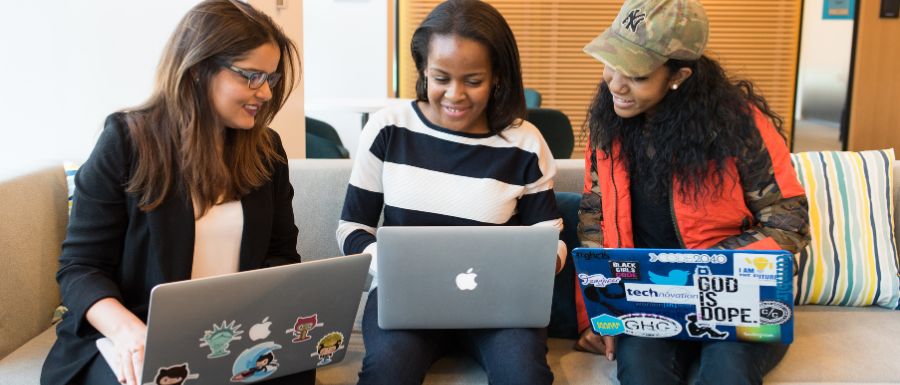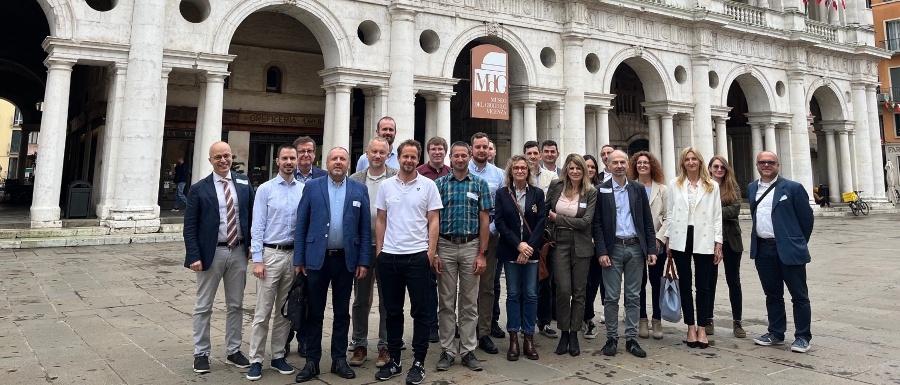The 3P4SSE – Public-private-partnership for Social and Solidarity Economy, project continues to make strides in strengthening the social and solidarity economy (SSE) across Central Europe. The recent Peer Review in Trento, hosted by the Autonomous Province of Trento (PAT) and Trentino Federation of Cooperation (FTC), served as a vital platform for experience exchange and collaborative evaluation of Trentino’s Local Action Plan (LAP).
With 24 participants, the Peer Review brought together key project partners, including PRIZMA, DOPS, PBN, and ALDA+, alongside stakeholders from the Municipality of Poljcane, Consolida, Trentino Social Tank, and Euricse. Their collective expertise and engagement played a crucial role in reviewing the LAP and identifying areas for enhancement.
The two-day event focused on three main intervention areas of the LAP:
- Mapping the current state of solidarity economy districts (DES) to assess strengths, challenges, and opportunities.
- Creating an SSE Forum to enhance collaboration and governance within Trentino’s SSE ecosystem.
- Increasing Awareness among stakeholders and communities about the role and benefits of DES.
On the first day, participants visited “Le Formichine”, a cooperative supporting employment for disadvantaged women at risk of social marginalisation. Established in 2009, this initiative showcases how SSE fosters inclusion and economic opportunities through partnerships between Famiglia Materna, the Cooperativa Sociale Punto d’Approdo, and local public authorities.
Another inspiring visit took place at Orto in Bosco, an agricultural and food processing project focused on organic production, social inclusion of NEETs, and sustainable food innovation. This initiative highlights how SSE can drive environmental sustainability while creating employment for vulnerable groups.
The day concluded at Campana dei Caduti, a symbolic location promoting peace and social cohesion, where discussions centred on solidarity economy governance and sustainability strategies.
The second day focused on interactive discussions and knowledge-sharing sessions, leading to key recommendations for strengthening the LAP.
- Enhancing communication among DES actors and stakeholders to improve collaboration.
- Clarifying roles and responsibilities within the SSE ecosystem for better coordination.
- Developing a sustainability plan to ensure long-term viability of DES.
- Leveraging the Mapping process to guide future actions and policy recommendations.
The mapping process led by FTC, with Euricse’s support, is already yielding valuable insights, with 13 stakeholder interviews conducted in Vallagarina, Fiemme, and Valsugana. These findings will directly inform the next phase of LAP implementation and help shape strategic actions for strengthening DES governance and impact.
A Blueprint for replicability in other regions
Beyond Trentino, the Peer Review highlighted the transferability potential of the LAP approach:
- The Mapping methodology can be adapted to other regional contexts to assess and improve DES structures.
- The Toolkit under development will provide practical guidance for setting up and managing DES in diverse territories.
- The DES Forum model could be replicated at both regional and transnational levels to foster peer learning and policy alignment.
Looking Ahead: Strengthening the SSE Ecosystem
The 3P4SSE Peer Review in Trento has been a pivotal step in advancing the SSE agenda in Central Europe. By fostering cross-border collaboration, promoting innovative governance models, and supporting policy reforms, the project is paving the way for a more resilient, inclusive, and sustainable social economy.
Stay tuned for further updates as we continue working towards a stronger SSE network across Europe!






